35 simple ways to improve your sleep
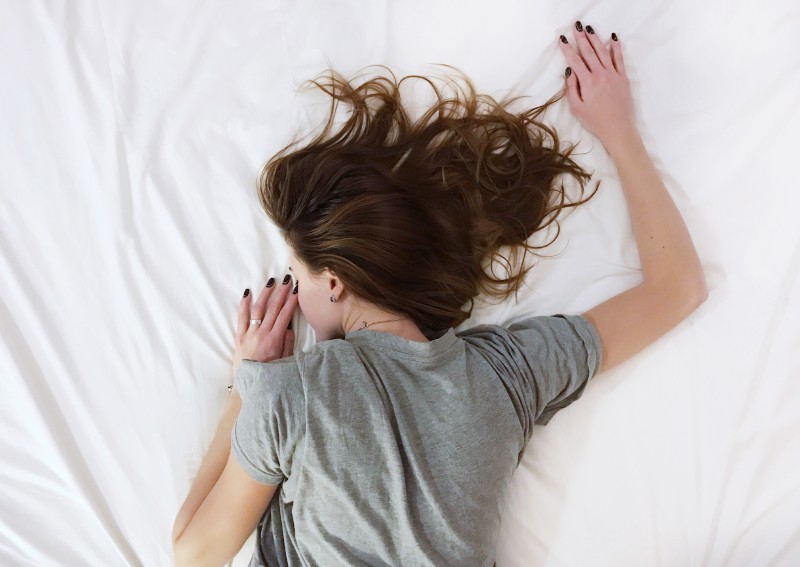
Singaporeans may be getting more sleep on average, according to this survey by Philips.
But almost half of Singaporeans (49 per cent) are still not satisfied with their sleep, with a multitude of factors contributing to their sleeplessness.
Dr Lim Li Ling, medical director of the Singapore Neurology & Sleep Centre at Gleneagles Medical Centre, says lack of sleep has been linked to health problems such as depression, high blood pressure and heart disease.
Sleep deprivation can also lead to weight gain.
“When you lack sleep, your metabolism slows down as your body is trying to conserve its energy stores to carry you through the longer period of wakefulness,” explains Dr Michael Breus, a sleep disorder expert in the US.
That slowdown triggers the release of cortisol, a hormone that is secreted by the body in response to stress and that also boosts your appetite.
The right amount of sleep can improve our mood, focus, energy level and even immune system.
Dr Diwakar Balachandran, director of the Sleep Center at the University of Texas MD Anderson Cancer Center, says: “A lot of studies show that our T-cells (which help our body fight infections) go down if we are sleep-deprived.
"And inflammatory cytokines go up… This could potentially increase the risk of developing a cold or flu.”
But experts warn that regularly sleeping too much – about nine to 11 hours a night – has been linked to ailments like diabetes, obesity and heart disease.
Dr Breus says the first and easiest step to ensuring you get adequate sleep is to “count back the number of hours from the time you need to wake up and set yourself the task to be in bed by that time, ready to sleep”.
Here are a few easy tweaks to your routine to help you sleep better.
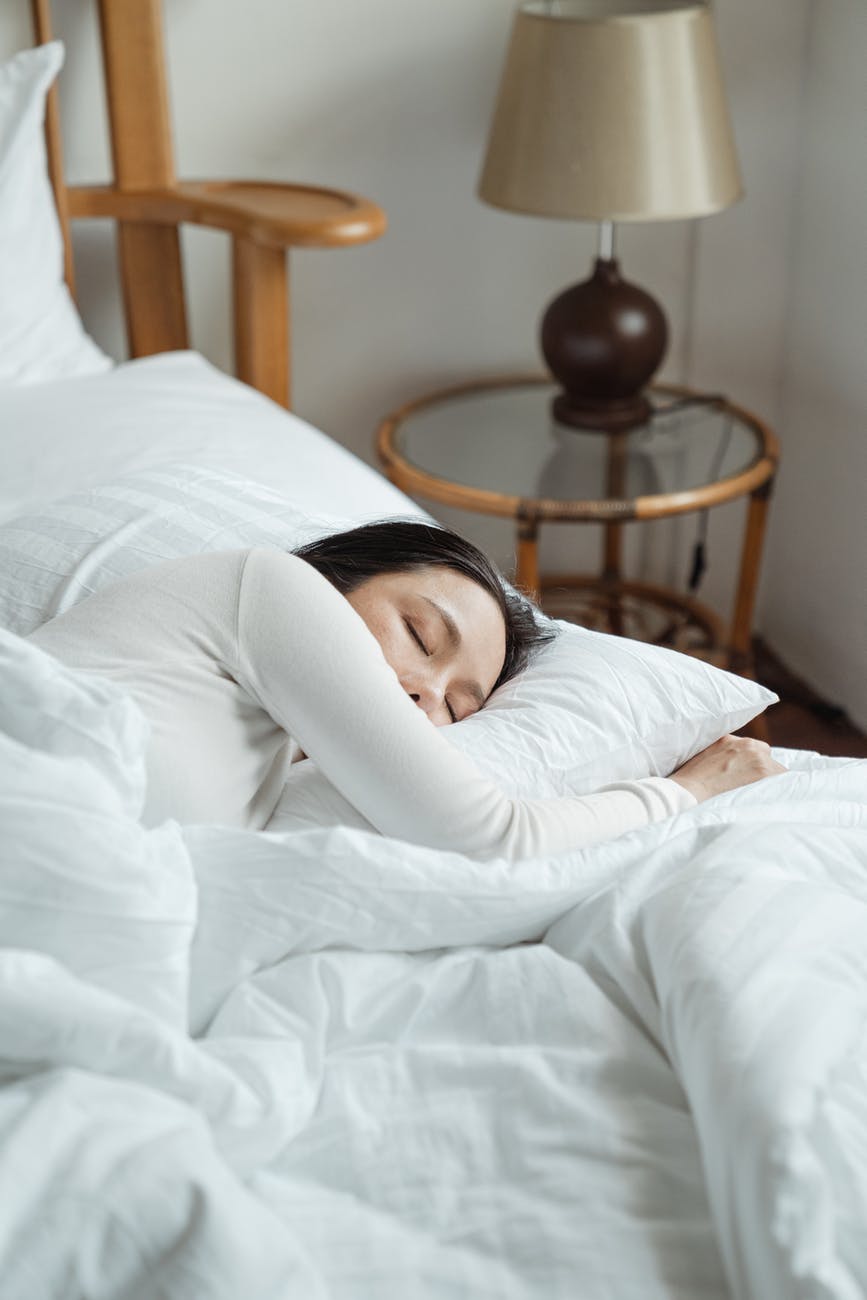
Sleeping on silk isn’t just reserved for the royalty. In fact, there are many health and beauty benefits that you can reap from sleeping on silk.
For an opulent yet natural material that looks and feels like a dream, consider investing in a mulberry silk bedding that’s odourless and more breathable than cotton.
With its breathable properties, mulberry silk helps to retain your hair and skin’s essential oils — you won’t have to worry about waking up to a crazy bed head situation in the morning. Take, for instance, SOVA‘s luxurious mulberry silk pillowcases.
For some, the last thing you’d want to think about after a long day out is having to worry about what you should wear to bed. But truth be told, your outfit to bed can actually affect the quality of your sleep.
Whether you’re opting for a silk nightdress, matching PJs with your partner or even just a simple t-shirt with shorts, it’s imperative that you opt for light, breathable fabrics such as modal, flannel or silk so you won’t be breaking out in sweat while you’re snoozing.
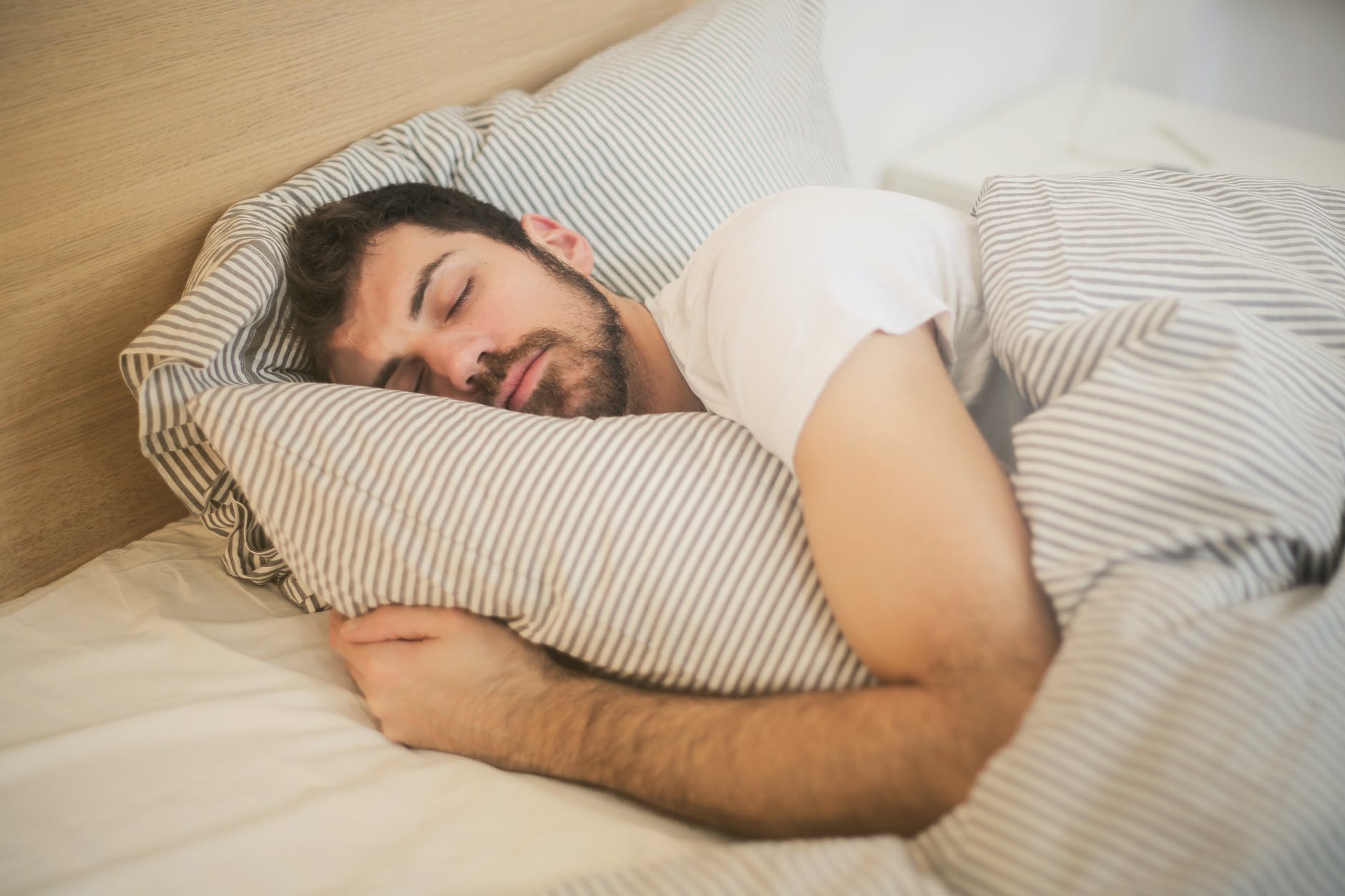
Now that most of us are still working from home, we have more access to our beds than before. And if you’re struggling to stay awake in the afternoon, going for a power nap would be your best bet to help you get through the day. In fact, power naps actually bring a lot of benefits that you may not know about. Think — increased alertness, better endurance, increased creativity, and a lowered risk of heart disease.
However, before you start you taking you naps, it’s important to note that the ideal time for a power nap is between 1pm to 3pm. And if you’re unable to slot in some time for your nap before 3pm, it’s recommended that you push through and wait for your bedtime, as napping too close to bedtime can impact your nightly sleep.
According to a research by Indoor Air International Journey of Indoor Environment and Health, people may get better quality sleep when fresh air circulates in the bedroom. In the study, it was found that when people slept in rooms with ventilation – either with an open window or open door, their sleep improved as they woke up fewer times per night.
As carbon dioxide levels in the room were lower, people slept more soundly, and their awakenings decreased. They also felt better rested the next morning with improved concentration levels.
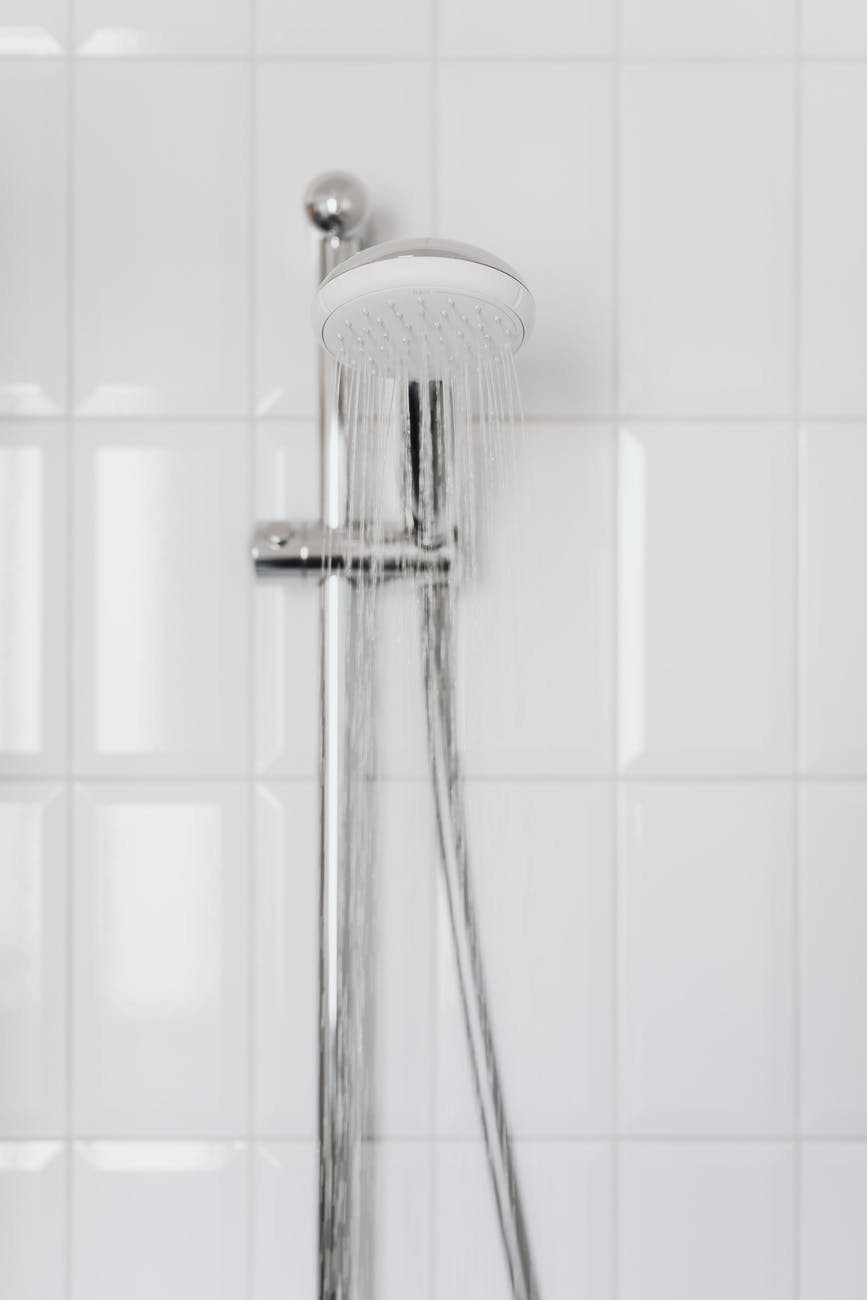
Hate having to take a shower at night before hitting the sheets? Truth is, showering is relaxing and it helps to lower your body’s temperature — signalling that it is time for bed.
This is actually associated with the rise in melatonin levels in the body, which facilitates our transition to sleep and promotes consistent, quality rest.
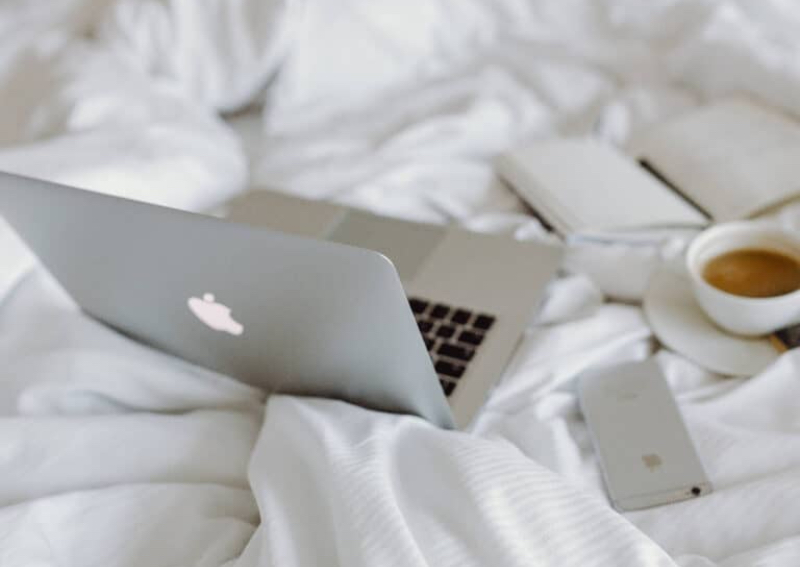
It’s tempting to get comfy in bed with an indulgent Terrace House marathon, but the blue light emitted from these your screen can increase alertness and reset the body’s internal clock (or circadian rhythm) to a later schedule.
Exposure to bright light at night tricks your brain into thinking it is still daytime, keeping you awake and alert.
Darkness signals the body to produce melatonin, the naturally occurring hormone that makes you feel sleepy.
Sleep specialists advise getting off any electronic devices a full two hours before your head hits the pillow.
Dim your lights and minimise exposure to mobile devices, like iPads and smartphones which emit “blue light” and keep you awake.
If you’re reading, use orange or yellow light to help with the wind-down process and download apps like f.lux to block blue light on screens, or get special glasses that are designed to block blue light.
Our natural circadian rhythms are very much linked to our external environment, and are very responsive especially to light and dark as cues to signal when it’s time to rest and be wakeful.
In an urban landscape like Singapore, light and sound are constantly being emitted from multiple sources like traffic, road lights, and even your electronic devices on standby mode.
Blackout curtains are a good option, or for something even more lightweight, try a sleep mask and comfy ear plugs – they’re also great for signifying to the mind that it’s time to put away on distractions and solely focus on the luxury of sleep.
When it comes to night lights for kids, an American study found that children who sleep in a dimly-lit room are more likely to develop short-sightedness.
Periods of darkness are important for eye development. If you do wake, don’t turn on the light: even 15 minutes of light can disrupt production of the sleep-inducing hormone melatonin.
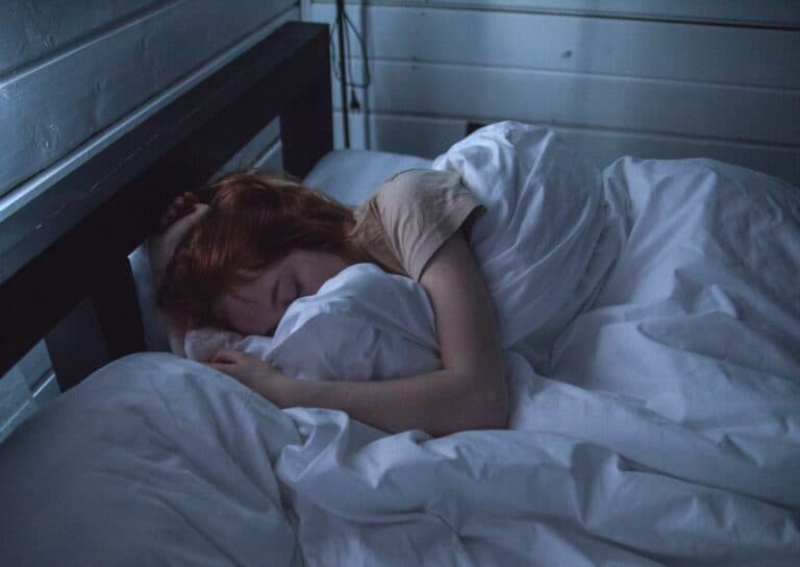
I know this can sound counterintuitive, especially when you think weekends are for sleeping in and making up your sleep debt.
In reality, sleeping in actually makes it more difficult for you to fall asleep the next night.
When it comes to rest, a routine is best. Having a regular sleep-wake schedule sets your body’s internal clock, and actually enhances the quality of your sleep.
To do this, get in sync with your body’s natural sleep-wake cycle (aka the circadian rhythm).
Figure out an optimal sleeping time for yourself – say, by 11pm at night, with your alarm set for blast-off at 7am.
Regulating your sleeping and waking times, according to your own natural internal rhythms and what works best for you and your work schedule, will help you feel much more refreshed and energised when you’re awake.

By the same token, your circadian rhythm becomes more strongly anchored in a predictable pattern, making it easier for you to fall asleep, stay asleep, and wake up feeling refreshed.
Exposure to sunlight upon waking up, even if just for 15 minutes, can really help to reinforce this rhythm and enhance wakefulness in the morning, allowing for better sleep at night.
So be sure to throw open those curtains, pull up the blinds, flood the room with as much natural light as possible from the get-go.
Eating a substantial breakfast (try these easy recipes!) every morning will also keep your body clock on schedule – by contrast, large meals should be avoided at night when it’s time to power down.
Deep breathing is a pretty miraculous healing exercise – it can help reduce anxiety, induce a parasympathetic response in your body which relaxes it, and most of all, it’s free and easy to practise anywhere, most of all, in bed.
The 4-7-8 breathing method is a simple procedure that requires you to breathe in for four counts, hold your breath for seven, and exhale slowly for eight.
Even if it doesn’t tip you off into the realm of sleep in a matter of minutes, it can help do wonders for relaxing your body and calming your mind and spirit.
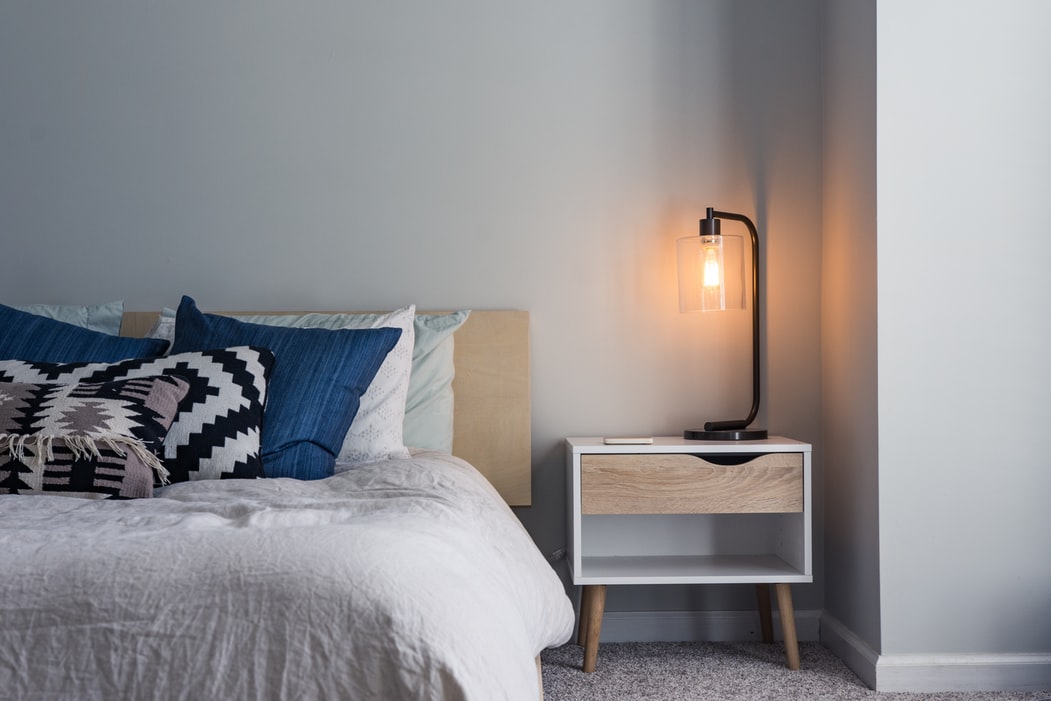
Your bedroom environment is key in getting a good night’s sleep.
Sometimes, even tiny changes to your resting space can hugely affect the quality of your sleep.
This includes factors like noise and light, or even putting your headboard against the wall (Feng shui experts say this makes you feel more secure).
Create a relaxing environment by minimising external sounds, for instance.
You don’t have to be as extreme as stuffing ear plugs into your skull. Just shutting the door and drawing the blinds may help cue sleep for you.
White noise refers to sound signals that are used to mask other noises or disturbances.
It can be used to drown out sounds that might prevent you from falling asleep or waking up while asleep.
There are many white noise smartphone apps, such as Noisli and MyNoise, where you get a full range of sounds, from raindrops to ocean waves, whirring fans and static.
There are even generators where you can “design” your own white noise.
Different sounds work for different people, so experiment and go with your instincts on what you find pleasant. Your selection should make you feel relaxed, and eventually drowsy.

The amino acid tryptophan, found in milk, turkey, and peanuts, helps your brain produce serotonin, a chemical that makes you relax, so try a bedtime snack of toast with peanut butter, or a glass of milk, for instance.
Research has shown that magnesium plays a key role in our ability to sleep. This essential mineral helps with stress reduction and mood stabilisation, and induces relaxation.
Besides taking a supplement, you can try eating more magnesium-rich foods such as nuts and seeds, spinach, Swiss chard and other green leafy vegetables (try these spinach recipes!), and whole grains like brown rice and oats.
Facing the wall, lie on your back with your behind about 45 cm away from a wall and rest your feet up against it for 15 minutes before bedtime.
The blood draining from your legs reduces blood pressure, which slows your heart rate and relaxes you.
Also known as Autonomous Sensory Meridian Response, this sensation is described as a euphoric, calming sensation that starts with a relaxing tingling in your scalp and neck, before travelling down to your arms and legs.
As strange as it sounds, it does a pretty good job at putting some people to sleep.
To induce ASMR, plug into a video or guided meditation, like this.
The result should have you happily snuggling into your bed, and falling into blissful slumber.
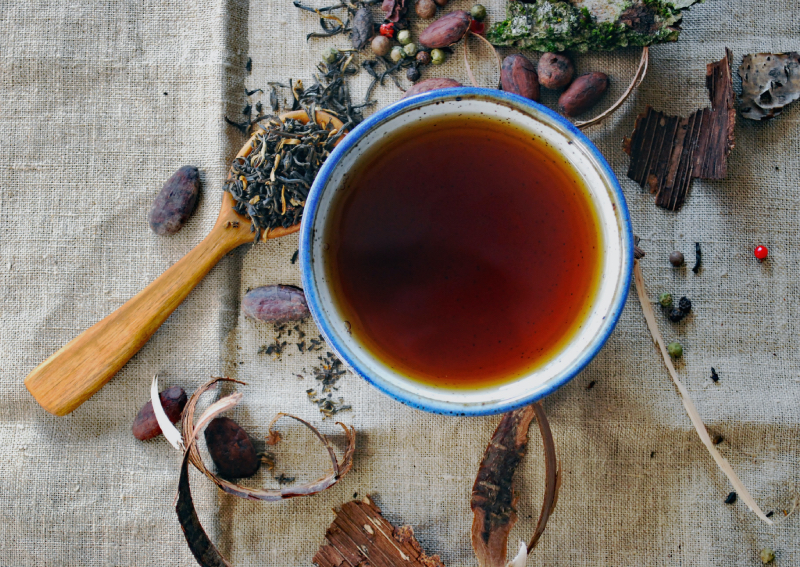
There are many theories that the digestive is linked to the brain. Therefore, a “comfort drink” might actually help make you feel more relaxed and bring on sleep.
Try sipping on a small glass of warm milk, or a turmeric latte (which is said to be good for overall health, anyway).
If you’re a tea person, drink some chamomile tea – the herbal drink can reduce anxiety, making it easier for you to fall asleep.
Go into another room and do something repetitive, like knitting. Once you feel sleepy again, go back to bed.
Watching TV or using a laptop weakens the association between bed and sleep, as we’ve said before.
Keep the activities in your sleeping zone to things unrelated to work or other distractions.
Talking is OK — but save your whinge about work or concerns about kids for another time.
Speaking of sex, endorphins — hormones which encourage deep sleep — are released by sexual stimulation.
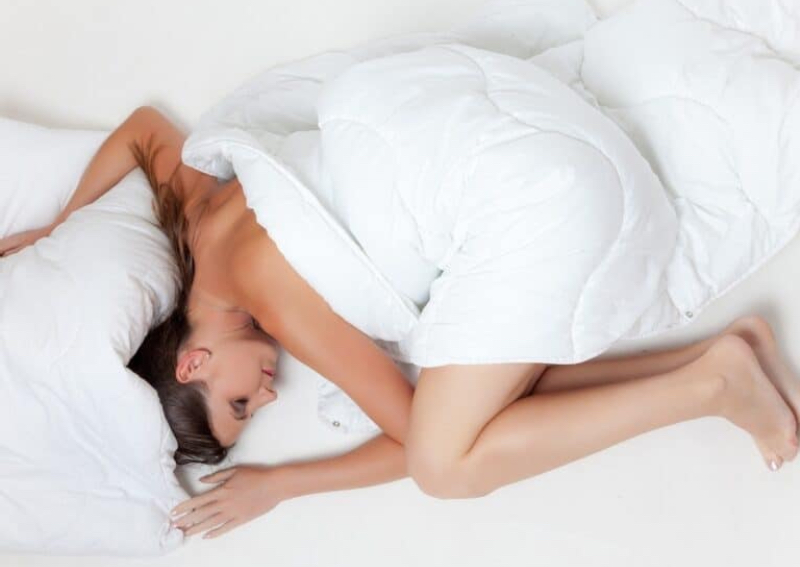
We’re all susceptible to the multi-snooze button morning, and know that we end up feeling even more groggy and unrested when we finally do rouse ourselves.
That’s because disrupted REM sleep caught between snooze intervals in not high-quality sleep, and drifting off back into this sleep again and again can create what sleep experts call “sleep inertia”, which causes that familiar feeling of drowsiness that can last for hours after you wake.
The lights are off, the air-con is thrumming, and you’re all tucked in nice and cosy – and your mind is absolutely whirring.
If you find yourself plagued by thoughts of impending meetings and worrying about looming deadlines, instructing yourself to block out these thoughts is not going to help.
To organise your mental clutter and provide a game plan for your busy day, why not make a to-do list?
You’ll feel better once it’s out of your head, and knowing you’re not forgetting anything important – after all, you can finesse it all again in the morning when you’re feeling refreshed, and feel like you’re getting a head start.
Nightmares? Write down a new dream with a happier outcome and run it through your mind’s eye.
When you go back to sleep, this should replace the nightmare.
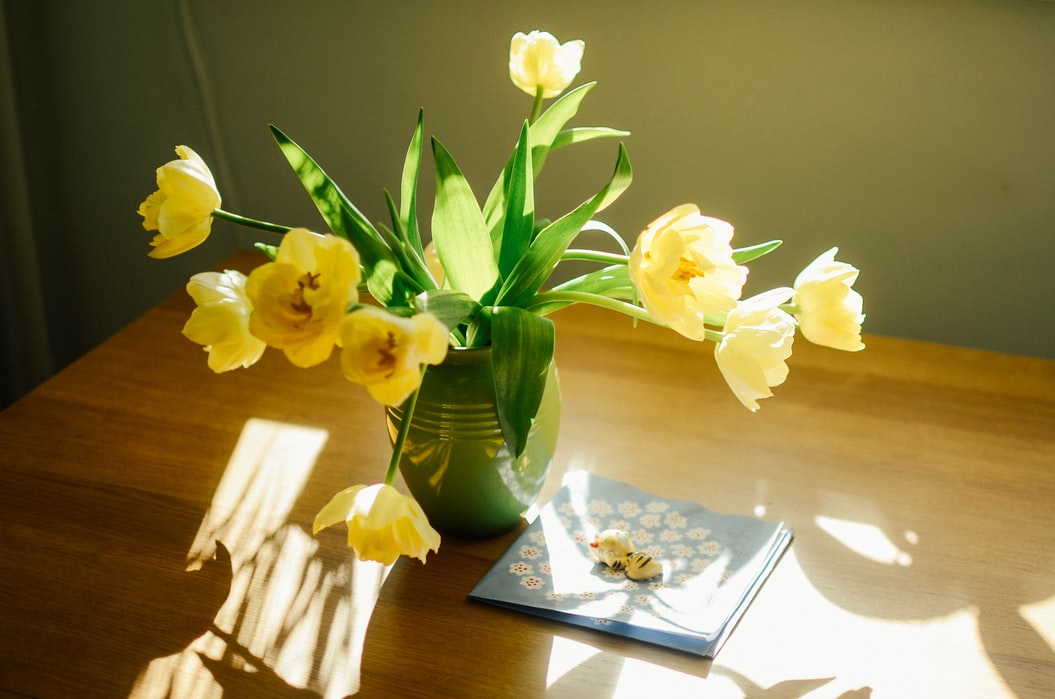
During the day, flowers release oxygen into the air. However, at night they give off carbon dioxide which makes your bedroom stuffy.
An English study has found that the average couple kick each other 30 times a night. Buying a bigger bed equals less disruption.
Don’t leave everything till the morning. Set aside your work clothes, prepare snacks, fruits and food for your kids’ lunch boxes the night before, so you’ll only have to prepare their breakfast in the morning.
This means less scrambling around and stressing yourself out.
Before heading to bed, make a note of the things you need to do the next day, like morning meetings and other errands.

Exercise is a catalyst to getting a good night’s rest.
According to a poll by the National Sleep Foundation in the US, people who performed some form of light exercise, like meditation, yoga or even walking the dog in the evening, are more likely to sleep well.
You can also try short relaxation exercises before bed. Dr Lim suggests getting a bedtime routine going – this may include reading, meditation, prayer or any activity that can be done in a restful, quiet and dim environment that is conducive to sleep.
So no surfing the web or watching TV.
Lavender is known to have sedative properties, and the ability to decrease heart rate and blood pressure.
Set a lavender-scented diffuser or candle in the bedroom to help you fall asleep.

Do this an hour before bed.
An area in your brain called the pineal gland releases melatonin, a hormone that controls the body’s sleep-wake cycles, and prepares the body for sleep.
Besides caffeine, some prescription medicine can also disrupt sleep.
Painkillers have stimulants that can keep you up while some anti-depressants increase levels of serotonin and norepinephrine, neurotransmitters that can suppress deep sleep.
If these are affecting you, check with your doctor about alternatives to your current medication.
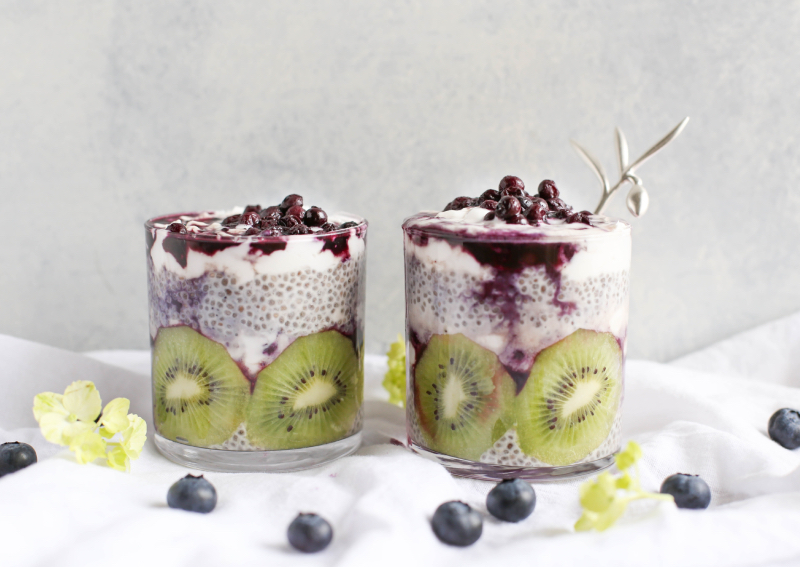
Start your day with a boost of omega-3 by adding chia seeds, flaxseeds and walnuts to your breakfast.
Healthy fats reduce anxiety and help your body produce the hormones needed for a good night’s rest.
Or add spices like turmeric, nutmeg, cardamom and dill – which have sleep-enhancing abilities – to your dinner.
A recent study by The American Journal of Clinical Nutrition found that foods that have a high Glycaemic Index (GI) can help you fall asleep faster.
Compared with low-GI foods, rice, potatoes and wholewheat bread were found to make you ready for bed 49 per cent faster.
They increased the body’s levels of tryptophan, which is needed to manufacture serotonin or the brain chemicals that regulate our sleep-wake cycle.
Another option for the sleep-deprived is a Mediterranean diet that is primarily plant-based.
According to the European Respiratory Journal, a diet rich in fruits, vegetables and fish can help you sleep better and improve your energy levels.
Stay away from foods that are hard to digest, like chilli, tomatoes and citrus fruits.
“These foods can cause acid refl ux in the stomach, which disrupts sleep by causing heartburn or coughing at night,” says Dr Lim.
Limit high-protein, high-fat and fried foods for dinner as they are digested slowly and may interfere with restful sleep.

Alcohol can also be a sleep-buster: While it may make you drowsy, it reduces Rapid Eye Movement sleep that is mentally restorative.
If you want to have a glass of beer or red wine with your dinner, Dr Breus recommends drinking at least three hours before bedtime so the alcohol in your system has time to metabolise.
And avoid caffeinated beverages after 2pm so they don’t disrupt your sleep pattern.
Your sleeping position can also affect the quality of your sleep. According to the Better Sleep Council in the US, stomach sleepers are the most likely to report restlessness.
Sleeping on your side – to keep the airways open – is recommended for those with sleep apnoea, which has a higher incidence among back sleepers.
Sleep apnoea is a common sleep disorder marked by snoring and interrupted breathing.
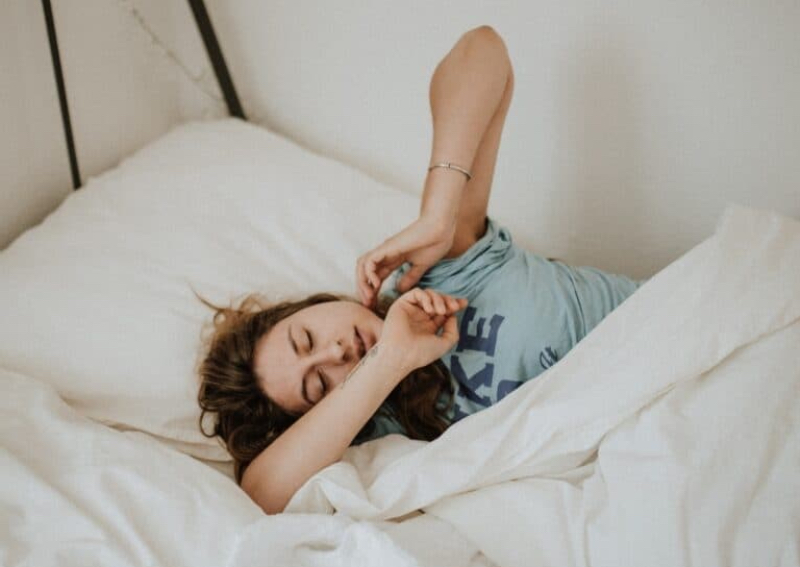
If you’re a back sleeper, it’s best to pick a medium-support or firm pillow that is not too high.
Make sure it fills the space between your neck and mattress so it offers enough support for your head in a neutral position.
If you sleep on your stomach, a slim pillow is perfect. Pick a soft one that absorbs the weight of your head, and eases neck strain and stress on your lower back.
If you are a side sleeper, you’ll need a firm pillow that offers adequate support for the head, neck and shoulders. And ensure that it keeps your head aligned with the spine.
Research shows that light sleepers have a warmer core body temperature, so to help you sleep better, keep your room temperature between 20 and 22 deg C.
This article was first published in Her World Online.